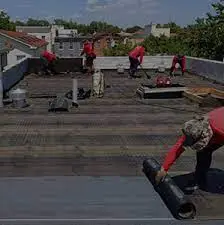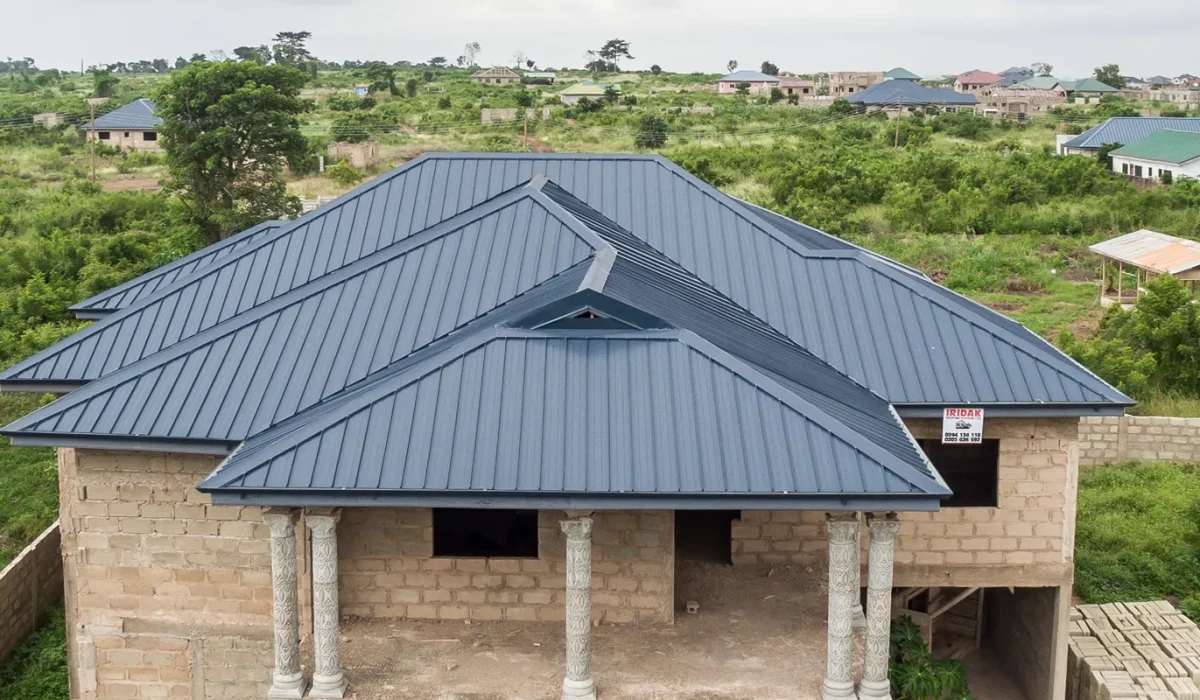New Jersey has strict roofing codes designed to ensure long-term safety, durability, and weather resistance for both residential and commercial properties. These regulations outline detailed requirements for approved roofing materials, installation procedures, proper underlayment, flashing placement, ventilation systems, fire ratings, and minimum roof slope standards. By adhering to these codes, property owners significantly reduce the likelihood of leaks, storm damage, structural failures, mold growth, and unnecessary energy loss. In a state known for heavy rains, snow, coastal winds, and seasonal temperature swings, compliance with NJ roofing codes is essential for maintaining a secure and weather-tight building envelope.
Unlike some states, New Jersey also has municipality-specific roofing rules, meaning codes can vary from one township to another. Most projects require multiple steps of approval, including permits before work begins, scheduled inspections during installation, and a final inspection upon completion. Local inspectors verify that the roof meets all structural and safety standards before it can be officially approved. These procedures help ensure that every roofing project is built to withstand New Jersey’s climate and complies with current building laws.
“Following NJ roofing codes ensures safety, durability, and full legal compliance for your property.”

For homeowners and business owners, working with a code-compliant roofing professional is the best way to guarantee long-term protection and peace of mind. When the roof meets state and municipal standards, it performs better, lasts longer, and keeps your property fully protected—both structurally and legally.


